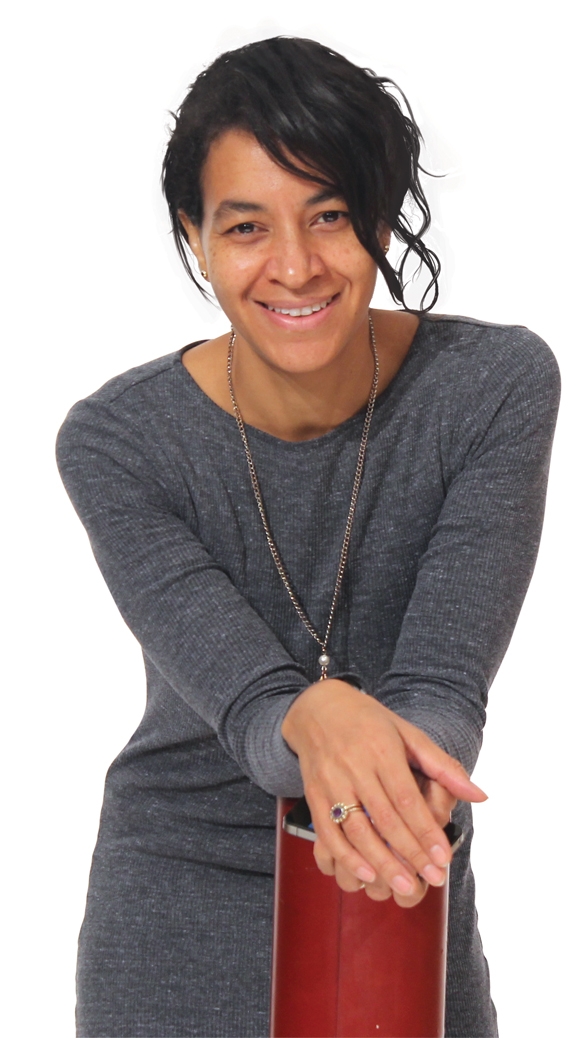What’s the difference between education and training? As managing editor at FitPro, the fitness education company that works with some of the industry’s finest educators, it’s a question to which Fiona McAuslan has given a lot of thought. It may be that you feel it’s a question of semantics and that one is equal to the other, but she doesn’t believe so.
If you want a linear journey that takes you from a starting point of being unqualified to the end point of owning a piece of paper that says you can work with clients, then I’d argue that what you want is training. You’re probably after the quickest, cheapest route to a qualification as a means to an end. And congratulations, whatever your ability you won’t find this hard to achieve – the fitness industry is currently well set up to churn out instructors at a rate of knots. However, I don’t think that’s enough: if you want to be great at what you do, you should aim higher and I’m confident that, if you’re reading this, you think so too. Education gives you something different. When you start to educate yourself about a subject, you’re not just sitting down to learn a set of facts – you are seeking knowledge about that subject in its entirety: what the history is, which research (old and new) has influenced the discourse around it, what the beliefs, interests, prejudices and business interests are of the individuals teaching you, and what the contested knowledge is (which means learning about all the different shades of grey that exist between the polar opposites of black and white, right or wrong). If you’re educating yourself, this means turning up to a lecture or workshop and listening to everything and questioning it – does it make sense? Do you think it’s right or wrong? And asking why you think that. You’re not turning up just so you can regurgitate it on your own blog or at a bemused client two days later only to forget it next month.
More than anything, the one thing that seeking education implies is a passion for your subject. This brings me neatly to FitPro LIVE London on 8-9 April. This is the single best opportunity you have this year to soak up new ideas, techniques, arguments and research – the essence of fitness education. It’s also the perfect opportunity to meet the faces behind FitPro. Many of the articles in the spring issue of Fitpro magazine have been written by the presenters at the event and I hope you use it as a jumping-off point. Ricky Hatton’s Boxing Academy details a boxing drill for circuits; Fitpro columnist Paul Mumford gives an in-depth interview with award-winning fit pro and FitPro LIVE London presenter Katie Bulmer-Cooke and asks her all the questions about her life and work that you’ve ever wanted to know; and we have nutrition opinions from Ben Coomber. One interesting area that we’re featuring in both the magazine and at the event is how personalised genetics can help you tailor your programmes for individual clients.
Alongside this, contributions from our regulars include an exploration of running economy from Tony Lycholat – a fascinating area of research, much of which has been gained working with English long-distance runner Paula Radcliffe. Equally intriguing is the chance to find out what your class members really think about their instructors in Olivia Hubbard’s article Dish the Dirt. Both in Good Shout and Aislinn Kelly’s feature on new age fitness, you’ll hear from and about instructors who are working with clients in their 50s, 60s and beyond. This is a key demographic for the industry and finding ways to build better programmes and market classes without patronising them is something that any canny fit pro should be doing now.
You don’t have to agree with everything that you read – in fact, I hope you won’t – but I think it will pique your interest, engage your mind and your body, and make you want to come to our event and join in the dialogue about the subjects that will make you the best at what you do.
Get Fitpro magazine on your iPhone now. Visit fitpro.com/app
View our FitPro LIVE presenters here
Fiona McAuslan, managing editor








